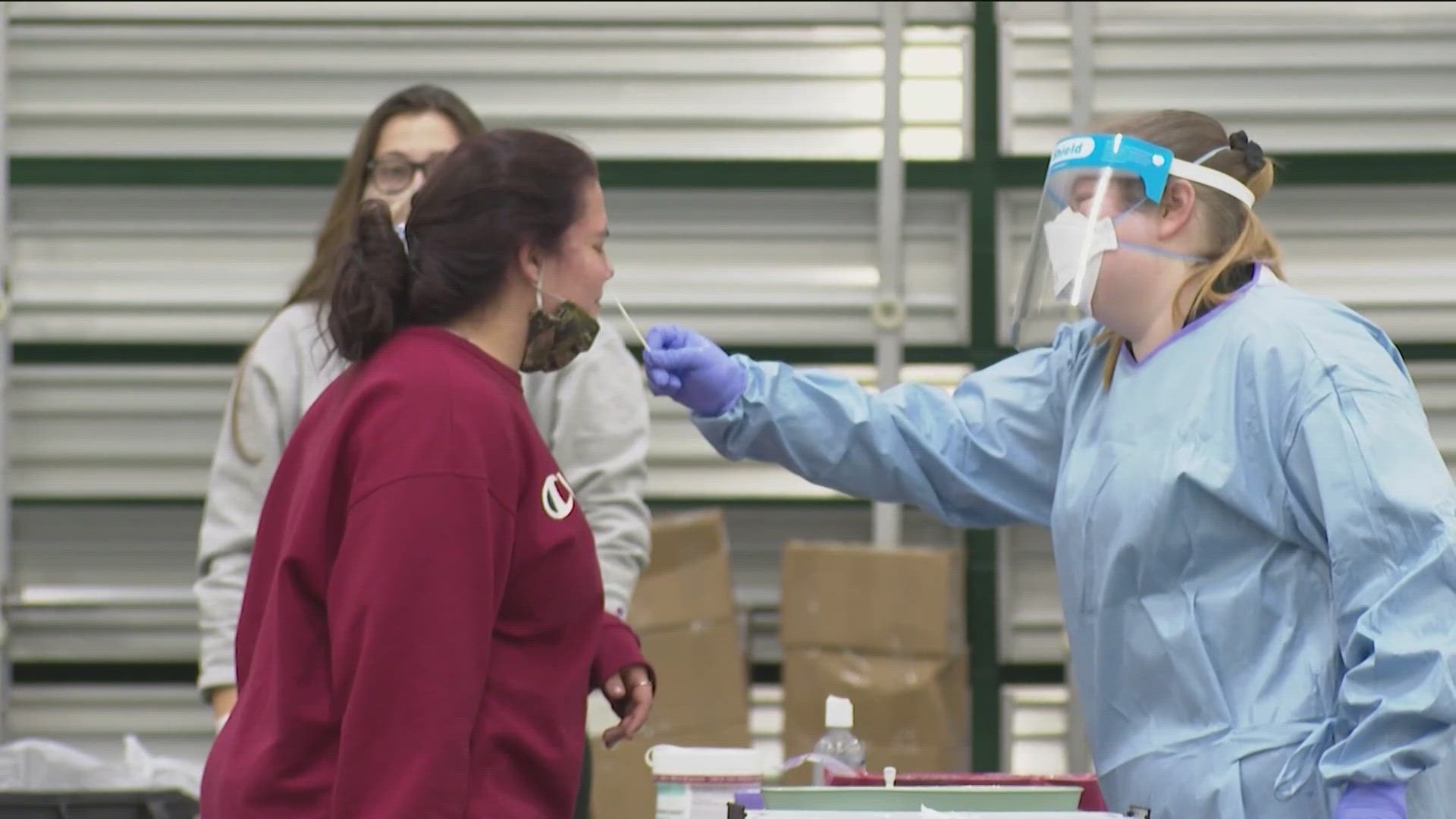ST PAUL, Minn. — When she learned about Minnesota’s new COVID-19 restrictions on Tuesday afternoon, bartender Jennifer Korba felt an initial wave of relief. Gov. Tim Walz had not, in fact, called for a widescale shutdown of the hospitality industry, a remedy she feared he may implement in response to rising cases and hospitalizations.
Instead, citing data that showed the spread of the virus during late-night hours, Walz ordered restaurants and bars to end dine-in service between 10 p.m. and 4 a.m., effective Friday.
“I was grateful for a hot second,” said Korba, who works at the Irish pub Joe and Stan’s on West Seventh Street in the Capital City. “But then you start thinking about how that impacts the bar, and how it impacts our late-night crew.”
That’s when Korba began to worry. Usually, she said, Joe and Stan’s can offset slow weekdays with heavier bar service until 2 a.m. on weekends.
Not anymore.
“The 10 o’clock closing takes away four hours of our business, and that’s going to be hard,” Korba said. “I just don’t know how much more any of the bars can handle. Right now, we’re just barely staying afloat.”
Korba said she felt targeted by the governor’s executive order, a sentiment shared by the Minnesota Licensed Beverage Association.
Gov. Walz acknowledged this pain during press conference Tuesday, but he called his approach “surgical,” designed to limit the spread of the virus at locations where young people normally congregate. In addition to the mandated 10 p.m. closure, establishments will remain at 50% capacity and must close bar counter seating (unless they are a counter-only bar, in which case customers can approach the counter with masks).
Kasara Carter, who opened Taste of Rondo in St. Paul this summer with her husband, said she applauds the governor for taking steps to slow the spread. At her restaurant, the executive order’s rules on counter service will take away seven seats from the bar area – a price she said she’s willing to pay for the greater good.
“You’re saving several lives,” Carter said, “by losing seven seats.”
Carter said she supports any measures that might help Minnesota control the pandemic. However, she does admit that she’s preparing for a scenario where Gov. Walz may dial back further, which would undoubtedly impact her new restaurant’s bottom line.
“We’re a little nervous,” Carter said, “but we’re optimistic, and we’re grateful.”
Besides restaurants and bars, Gov. Walz’s order also adds new restrictions on wedding and funeral receptions, and it will limit personal gatherings (indoors or outdoors) to 10 people from three households.
“I’m as frustrated as you are,” Walz said on Tuesday. “We should have broke the back of this thing months ago in this country. We have not, but now is the time for us to do it.”
The latest COVID-19 limitations will take effect fewer than two weeks before Thanksgiving, leaving some families frustrated.
“I’m the youngest of nine children,” East Metro resident Mike Costello said. “Ten people? Uh huh, not going to work. I’m not going to follow his rules on that. I don’t know how he can tell us how many people we can have in our homes.”
Costello found support for his opinion on KARE 11’s social media pages, where many people voiced similar concerns about the government’s power to regulate private gatherings.
However, those feelings were hardly unanimous. Others expressed disappointment in Walz for not doing more to slow the spread of COVID-19, saying that his more limited, targeted approach will not relieve the enormous burden on hospitals and health care workers.
Responses on the KARE 11 Facebook page varied, from “This is NOT enough of a change,” to “I was expecting it to be a far more aggressive approach,” to “we need more in order to make a difference.”
In his executive order, Gov. Walz did use the term “aggressive” to describe his measures, adding that “in taking these measures, we hope to avoid the need for the more drastic reductions that we have seen in other regions, such as the recent complete closure of many bars, restaurants, and nonessential establishments in England, Germany, France, and Belgium.”
For bartender Jennifer Korba, the uncertainty can sometimes feel unbearable.
“It’s just one thing after another after another,” Korba said. “We’re just trying to figure it out and keep going.”



